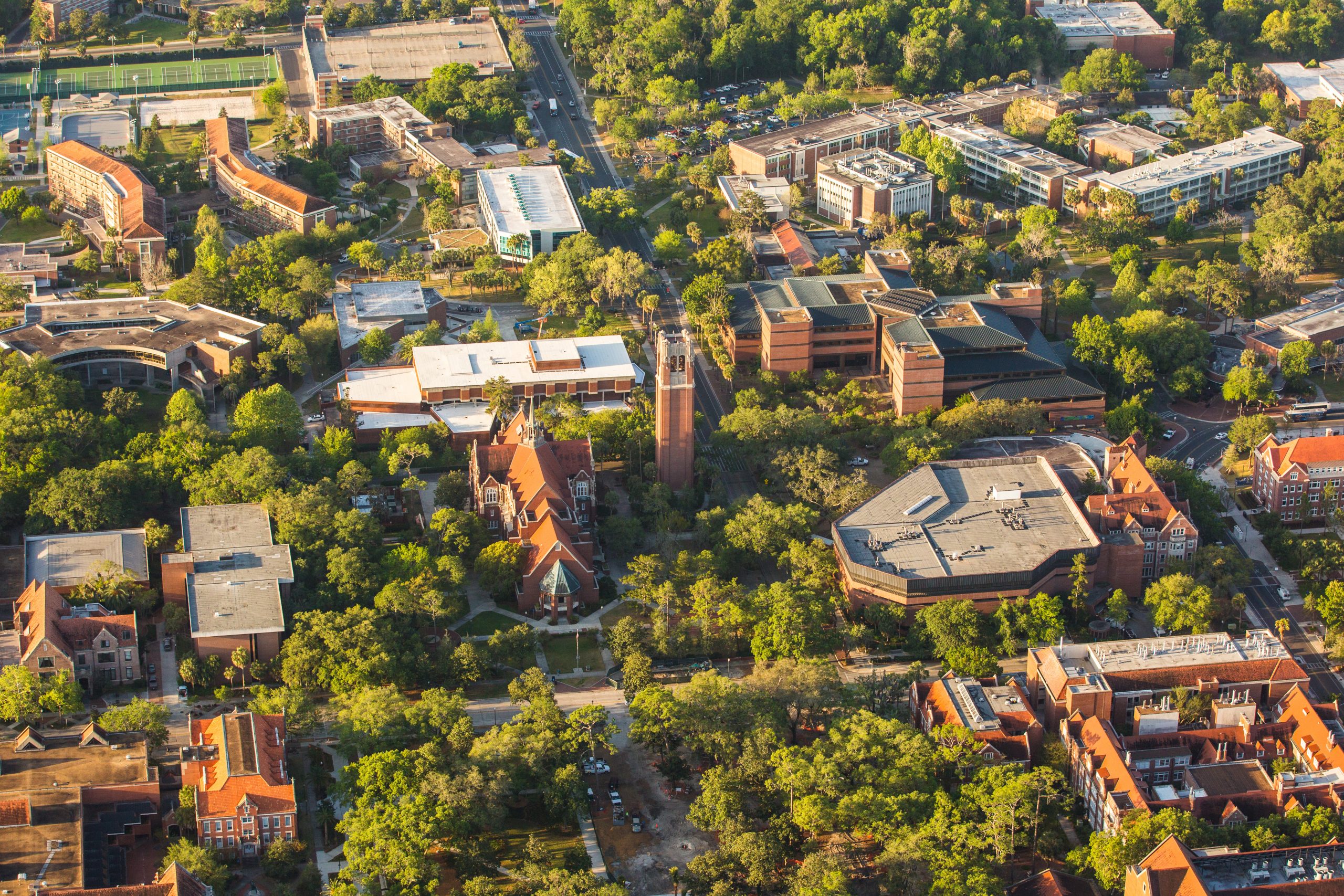
Feral Cats & Other Wild Animals Living on Campus Policy
OBJECTIVE
Florida Statutes Chapter 386 Section .041 prohibits specific actions that contribute to conditions “injurious to public health”. The feeding of non-domestic (feral) cats contributes to adverse health and safety issues including fleas, rabies, property damage and native wildlife depletion that all impact our beautiful campus.
POLICY
When humans feed non-domesticated animals such as raccoons, squirrels and feral cats, they become conditioned to associate humans with food. They then expect food from well-intending humans who may not realize they are endangering the safety and health of others
Therefore, individuals or groups will not be allowed to feed feral cats, raccoons, squirrels, alligators, or any other wild animal. EH&S Pest Management technicians are authorized to remove any animal food and containers found on campus grounds.
Students and untrained or unvaccinated personnel must avoid animal exposure due to the potential for human injury and disease transmission.
AUTHORITY
The Division of Environmental Health and Safety’s Pest Management Services Department is charged with protecting the campus and its inhabitants from exposure to animals that have the potential for human injury and disease transmission.
RESPONSIBILITIES
Environmental Health & Safety (EH&S)
EH&S will be responsible for assisting individuals in complying with applicable rules and regulations.
PROCEDURES
We must make our campus safer by not leaving food for the raccoons, cats and squirrels that inhabit our campus, thus allowing the natural available food supply to moderate populations.
Any questions or wildlife complaints should be directed to Environmental Health and Safety Pest Management Services at (352) 392-1591 or UPD at (352) 392-1111.
